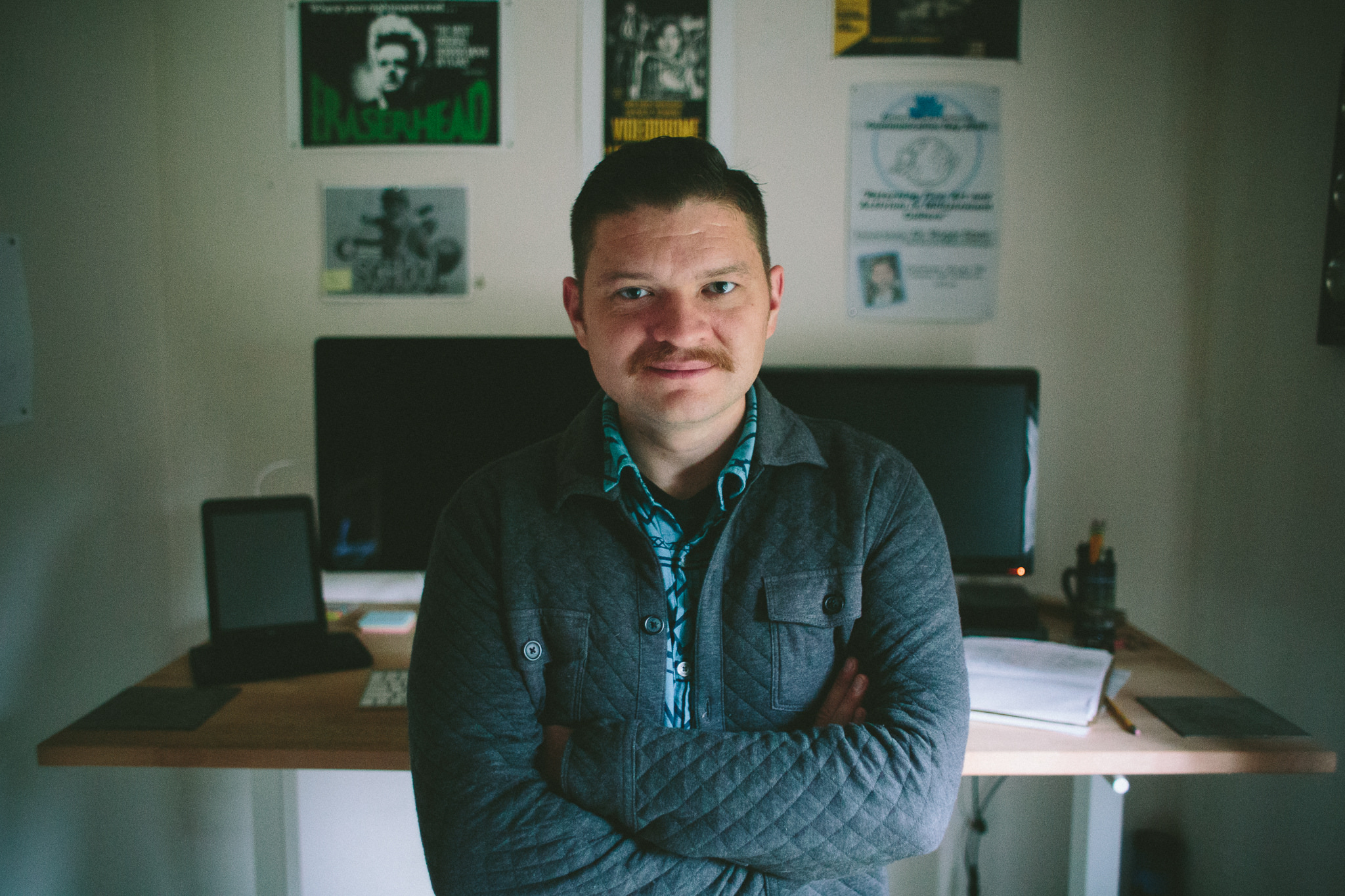 I am a Second-year PhD student in the Media Studies Department. As a filmmaker, I’ve produced two documentary projects that have screened at multiple academic conferences and festivals. My last documentary, A Soldier’s Home (2013), link below, was an experimental auto-ethnography focused on my transition from combat to the civilian world as well as a critique of popular history and historical fictions of war. I decided to create a documentary as part of my Master’s thesis because I wanted to produce research accessible to the public at large using the video medium.
I am a Second-year PhD student in the Media Studies Department. As a filmmaker, I’ve produced two documentary projects that have screened at multiple academic conferences and festivals. My last documentary, A Soldier’s Home (2013), link below, was an experimental auto-ethnography focused on my transition from combat to the civilian world as well as a critique of popular history and historical fictions of war. I decided to create a documentary as part of my Master’s thesis because I wanted to produce research accessible to the public at large using the video medium.
In addition to producing films to share my research with a wider audience, I’ve been interested in film, filmmaking, and film studies for many years, and alternative and experimental filmmaking especially get me excited. I’m an advocate of all things cult, but especially if I haven’t seen a film yet. I think the first book that opened my mind to the exploration of film was a reference book called Cult Flicks and Trash Picks from the Videohound series, and I subsequently bought all of the books in the series. Videohound’s collection was started by librarians to get people excited about everything out there, and their books definitely did it for me. While Videohound stopped most of its activities a couple of years ago, their series made me set out to find hundreds of films, many of which have enriched my understanding of film’s inherent connection to culture.
As a new media and film scholar, I see it as my duty to keep looking for film histories that aren’t so accessible and to teach students the virtue of this quest. In my current research project, and what will likely become my dissertation project, I am tracing a history of policing work on video and putting the genre in theoretical conversation with exploitation and mondo films, tracing similarities in the genres. In addition to analyzing video and documentary practice of day-to-day policing work, I’m interested in the manifestations of policing videos in popular culture as well as the current discourses regarding the body-warn camera. My goal is that the dissertation research will eventually become a documentary.
Related to new media research, I’m consistently interested in improving research workflow in the digital age, and I want to share some of my tools. First, I’m a big fan of Zotero and the Zotfile extension. I sync all of my primary and secondary sources to Zotero and review them on my iPad. I also highly recommend the Scanner Pro app for iOS for digitizing analog content for this purpose. I think it actually works better than the library scanners, but please don’t hold me to that.
Favorite Books on New Media
Catherine Russell. (1999). Experimental ethnography: the work of film in the age of video. Duke University Press.
Manovich, Lev. (2001). The language of new media. MIT press.
Minh-Ha, T. T. (1992). Framer framed. Routledge.
Minh-Ha, T. T. (2014). When the moon waxes red: Representation, gender and cultural politics. Routledge.
Recent Video Work
A Soldier’s Home, Combat Escapism Teaser (McLaughlin, 2013)
https://www.youtube.com/watch?v=AYZ76b-q674
